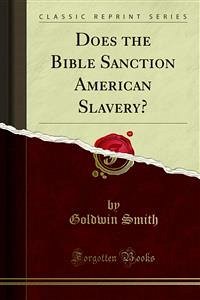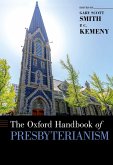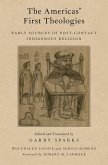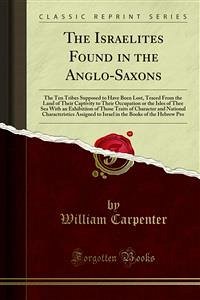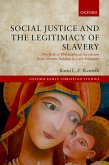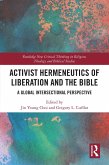The following pages are an expansion of a lecture delivered at the Manchester Athenæum, and the author has to plead, as his justification for printing them, the wishes of some of his audience on that occasion.They treat of the subject stated on the title-page; not of the justice or wisdom of the present war, nor of the conduct of any American party.The argument is as much historical as theological; and the question whether the Book which Christendom regards as the rule of conduct is favorable to Slavery or to Free Labor, to the degradation or to the independence and dignity of the laboring class, is interesting to the statesman and economist, as well as to the divine.It will be remembered that we have no longer to deal with the question between immediate and gradual emancipation, as to which the greatest enemies of Slavery may fairly differ; nor with the excuses which may be made for those who have inherited a bad system not of their own creating, and which no reasonable man would desire to withhold. A complete change has of late taken place in the sentiments and language of the Southern States on the subject of Slavery. That which was regarded and spoken of by Washington and the statesmen of his time as a transient evil, is now declared to be a permanent good, and not only a permanent good, but the best of all social institutions.

